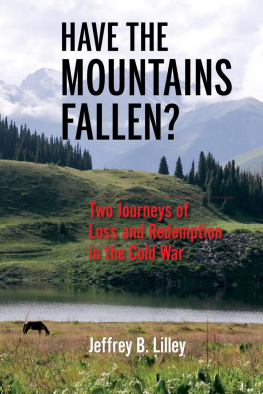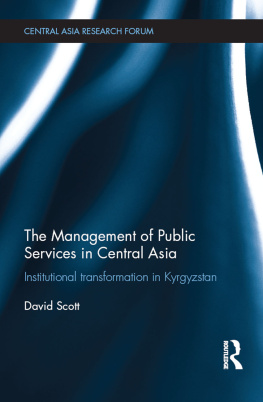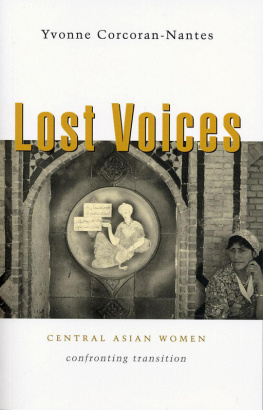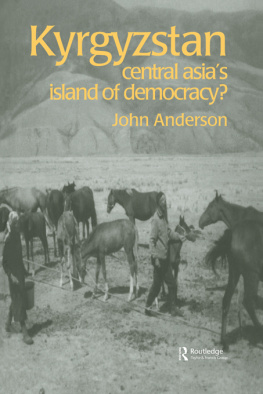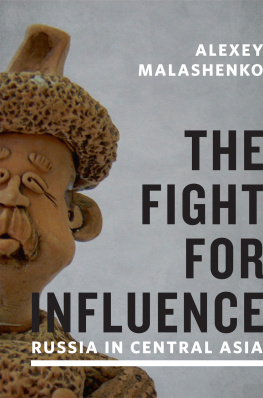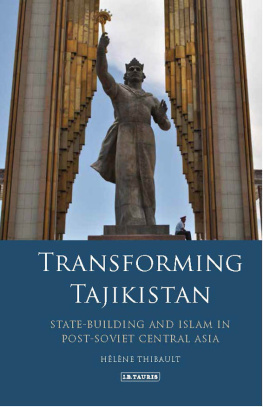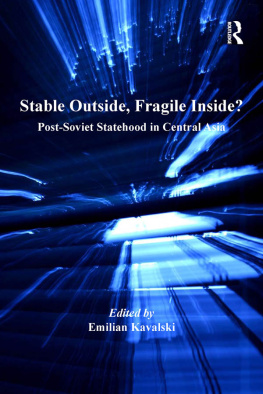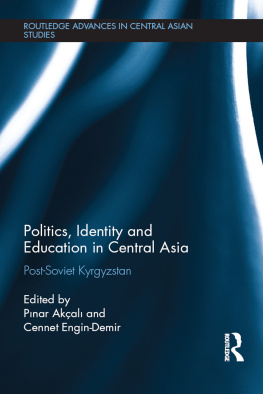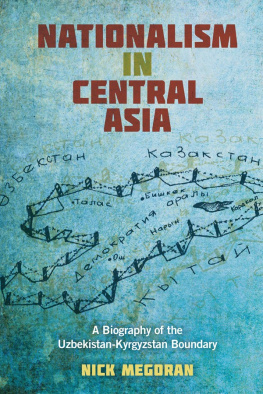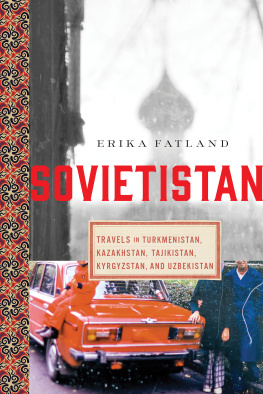Acknowledgments
This book has been in the making for a long time. Initial ethnographic fieldwork was conducted as part of a research project on religious conversion, carried out while I was based at the Max Planck Institute for Social Anthropology between 2003 and 2006. But it was only after I took up a position at the London School of Economics and Political Science that the project expanded and slowly morphed into a book about the dynamics of conviction, and for which I conducted additional ethnographic fieldwork in the period between 2008 and 2013.
I am heavily indebted and very grateful to those who accompanied me on parts of the fieldwork. Himia Suerkulova was my United Nations Volunteers (UNV) counterpart back in 1998 and 1999, and assisted me for a month in 2004 while conducting a series of interviews with specialists and officials; Damira Umetbaeva was an excellent research assistant from 2003 to 2004 when she was still an undergraduate, and has since then become a close friend and colleague; Nurgul introduced me to the spiritual world of clairvoyants and healers, a world that otherwise would have remained largely invisible to me; Emil Nasritdinov collaborated with me in a related research project on former mining towns, and invited me to travel with the Tablighi Jamaat on several of its mission trips. Particular gratitude goes out to Kadyr Osmonov, who, together with his wife, Aziza, was an excellent host and became a close friend. It was with great sadness that I learned of his untimely death in 2011.
I have benefited from the institutional funding of the Max Planck Institute for Social Anthropology, and am grateful to its director, Chris Hann, for pointing out some of the larger theoretical implications of what was then still a modest project. Most of the writing was conducted during a one-year sabbatical at the LSE. Sections of two chapters have appeared in previous publications. Portions of chapter 4 were published in a much shorter publication titled Awkward Secularity between Atheism and New Religiosity in Post-Soviet Kyrgyzstan, in the volume Atheist Secularism and Its Discontents: A Comparative Study of Religion and Communism in Eurasia , edited by T. Ngo and N. Quijada (2015). Parts of chapter 6 appeared in Mediating Miracle Truth: Permanent Struggle and Fragile Conviction in Kyrgyzstan, in The Anthropology of Global Pentecostalism and Evangelicalism , edited by S. Coleman and R. Hackett (2015).
Early chapter drafts were presented at workshops and departmental seminars: in the UK at Brunel University, SOAS, the University of Kent, University of Oxford, Sussex University, and the University of East London; in Central Asia at the L.N. Gumilyov Eurasian National University and the American University of Central Asia; and in Germany at the Humboldt University, the Max Planck Institute for Cultural Diversity, and the Max Planck Institute for Social Anthropology. Special thanks to Julie McBrien, Deniz Kandiyoti, Julie Archambault, David Pratten, Emil Nasritdinov, Damira Umetbaeva, Isak Niehaus, David Henig, Narmala Halstead, Marloes Janson, Jon Mitchell, Svetlana Jacquesson, Philipp Schrder, Yuliya Shapoval, and Manja Stephan-Emmrich for asking pertinent questions and for offering the possibility to present ideas that were often still embarrassingly underdeveloped. It was a privilege to present three of the books chapters at my home departments Friday Seminar and to receive the thoughtful and critical feedback of my colleagues, including Matthew Engelke, David Graeber, Fennella Cannell, Michael Scott, Alpa Shah, Deborah James, Katy Gardner, Harry Walker, Hans Steinmuller, Stephan Feuchtwang, Maurice Bloch, Laura Bear, Catherine Allerton, Rita Astuti, Charles Stafford, Nick Long, and Gisa Weszkalnys. The detailed comments of the two anonymous reviewers were invaluable for making this book a stronger one, as was the editorial guidance of Roger Malcolm Haydon and Jim Lance at Cornell University Press. I am especially thankful to Bruce Grant, for his critical, thoughtful, and detailed comments on the penultimate draft of this book. Finally, my greatest gratitude goes to my partner, Judith Bovensiepen, for her teasing critiques, demands for clarity, and loving support, which not only enabled the completion of this book, but made the writing process so much more enjoyable than it otherwise would have been.
Introduction
Ideational Power in Times of Turmoil
As we marched through the streets, I felt full of energy. It was scary when the riot police attacked us, but we managed to push back. Somehow I felt strong, and then stronger still when other groups joined us. There was a lot of cheering. I was like, Wow, I never knew that so many people were against [President] Akaev . At the time I was convinced [ uveren ] that what we were doing was important. For me it was about democracy and freedom, and about fighting against corruption. I was convinced that if we succeeded, things would be better . When I came home [to the shared flat] that afternoon, I found the other girls sleeping. I was amazed that they were not even aware of what was going on. [Later] they were critical of my involvement because they knew that my parents were against me being involved. But I was just amazed that they didnt care . At that point I did not have doubts. My first doubt, as you call it, happened the day after the revolution [when shops were being looted]. We formed patrols to protect the shop owners; it was dangerous. Aigerim, who had joined [the youth movement] KelKel at the same time as me, mentioned to me, This looting was not supposed to happen. That is when I started to doubt. Also because the atmosphere [in KelKel] had changed; it became clear that many [of its members] had joined for their own interests. For me it had been about discussing ideas and the future of our country . Maybe I was also trying to fill a void in myself; to be part of a group like this felt good. But for many of the others it was about something else, about supporting a family member or about pushing their own careers. We had these meetings [in the weeks after the Tulip Revolution]. The discussions were no longer about ideas. It was all about dividing up the trips [abroad], about who would speak where . I got fed up with it, and left. Later on I started to read about the problems with democracy [as a concept] and about NGOs and how they were financed from the West. And I was disappointed in [the new president] Bakiev. My KelKel acquaintances from back then would say, Yes, Bakiev is terrible, but still it is good that the revolution happened. Personally I dont know if it was good or bad.
The intensity of the event, as much as its ephemeral and ultimately disillusioning qualities, is reflective of Kyrgyzstans tumultuous post-Soviet political trajectory, a period in which political and religious movements and prophets thrived, usually only for brief moments.


